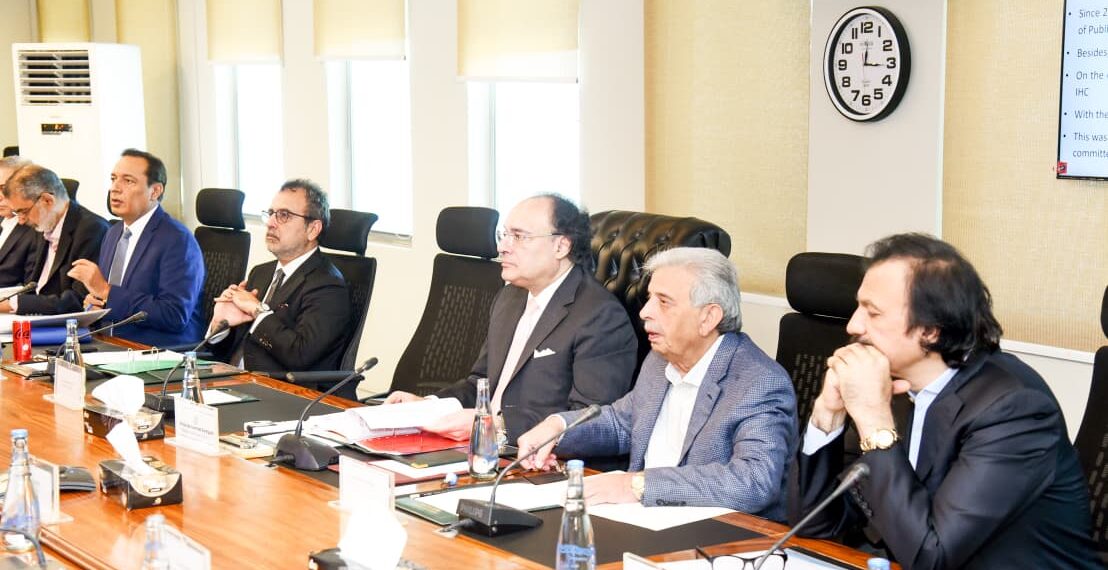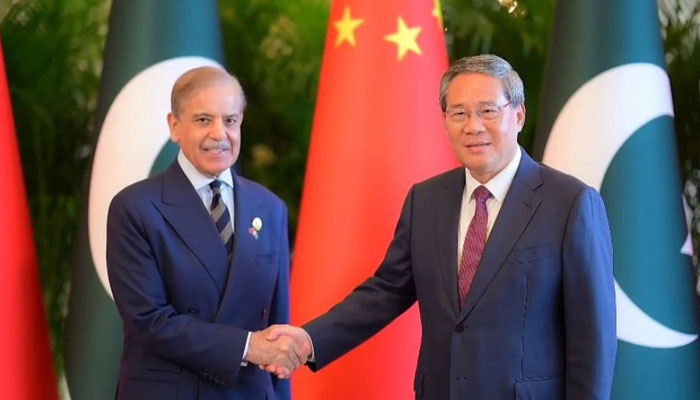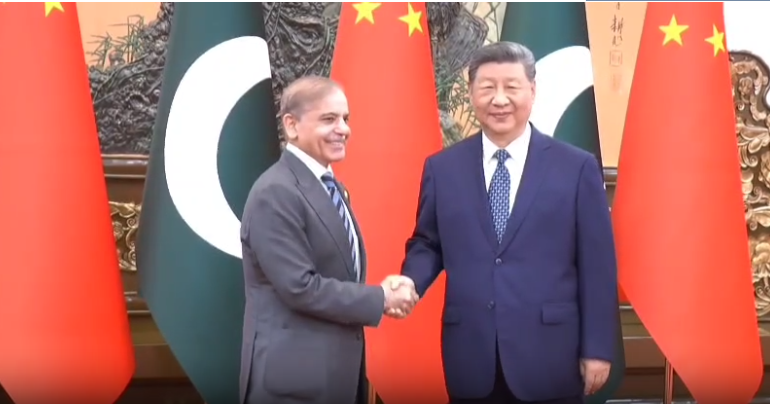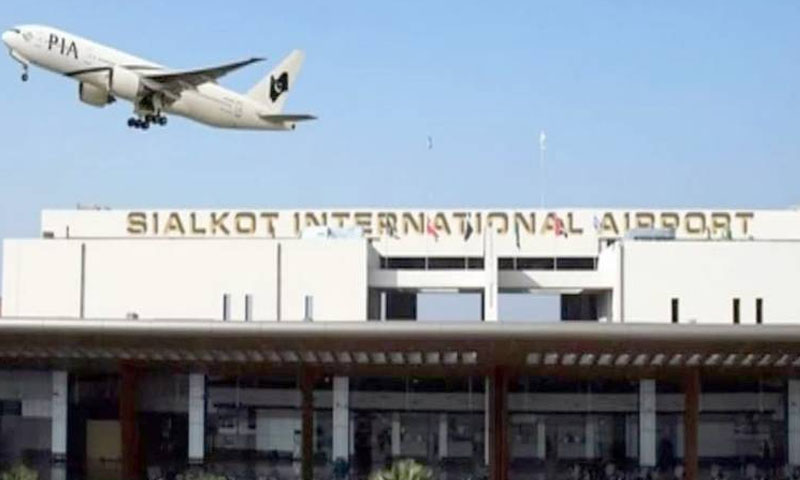TRADE & ECONOMY

Islamabad – The government has approved the launch of a strategic oil pipeline project between Pakistan and Azerbaijan, to be executed on a government-to-government basis through a joint venture of SOCAR (Azerbaijan’s state oil company), Pakistan State Oil (PSO), and the Frontier Works Organisation (FWO).
The project, long championed by FWO using local resources, is being positioned as a flagship investment from Azerbaijan aimed at strengthening bilateral energy cooperation and attracting future foreign investment.
At its recent meeting, the Economic Coordination Committee (ECC) of the Cabinet cleared the project after endorsing recommendations from the Petroleum Division, which argued that the pipeline would reduce reliance on road transport and inefficiencies in oil distribution.
Concerns Over Dollarised Returns
Documents reviewed by Dawn reveal that Power Minister Sardar Awais Leghari voiced caution against offering guaranteed dollar returns to investors, urging lessons from past Independent Power Producer (IPP) agreements. He stressed the need for a thorough cost-benefit review and evaluation of the internal rate of return (IRR) before proceeding.
SOCAR conditioned its investment on a “ship-or-pay” model — requiring full payment for 7–8 million tonnes of annual capacity regardless of actual usage, a system similar to IPP’s “take-or-pay” mechanism.
The Finance Ministry also raised red flags, recommending that dollar-based returns be tied exclusively to foreign capital investment. It further proposed extending the repayment period from four to seven years to ease initial tariff shocks and urged more realistic assumptions on interest rates and the weighted average cost of capital (WACC).
Despite these objections, the ECC sided with the Petroleum Division, which warned that altering the terms would deter foreign participation. The ECC partially addressed concerns by deciding that dollarised returns will only apply if foreign funding is used.
Tariffs and Transport Mechanism
Currently, about 70% of petroleum products in Pakistan move via road, 28% through the Karachi–Machike pipeline, and only 2% by rail. The new project aims to shift the majority of oil transport to pipelines, cutting costs and enhancing efficiency.
Under the approved framework, the Oil and Gas Regulatory Authority (Ogra) will:
- Allow transport tariffs in US dollars,
- Declare the pipeline as the default oil transport mode, and
- Require Oil Marketing Companies (OMCs) to commit to minimum annual volumes, with any shortfall adjusted through the Inland Freight Equalisation Margin (IFEM).
The FWO has already submitted a tariff petition for the Machike–Thallian segment, which Ogra has approved, while a petition for the Thallian–Tarujabba stretch is under review. Although provisional tariffs have been set in dollars, detailed figures remain confidential.
Industry analysts see the project as a game-changing move for Pakistan’s energy logistics, but caution that its long-term success will hinge on balancing investor incentives with national financial sustainability.




